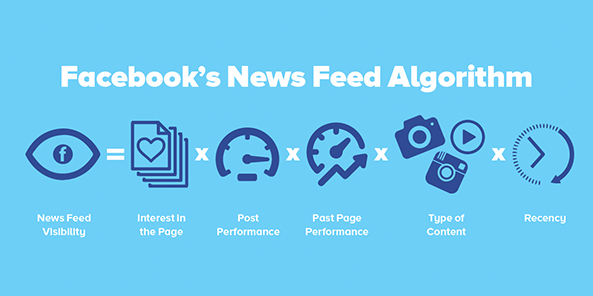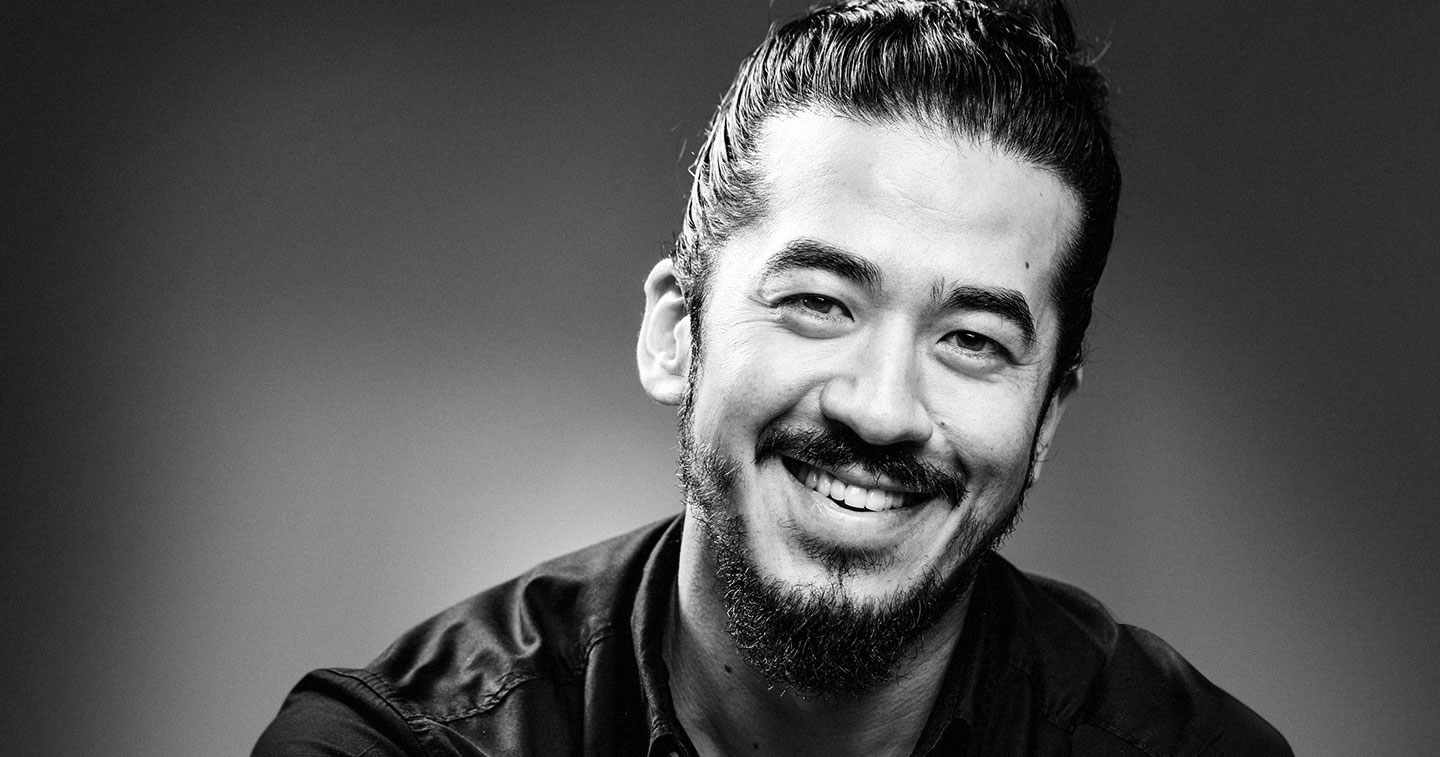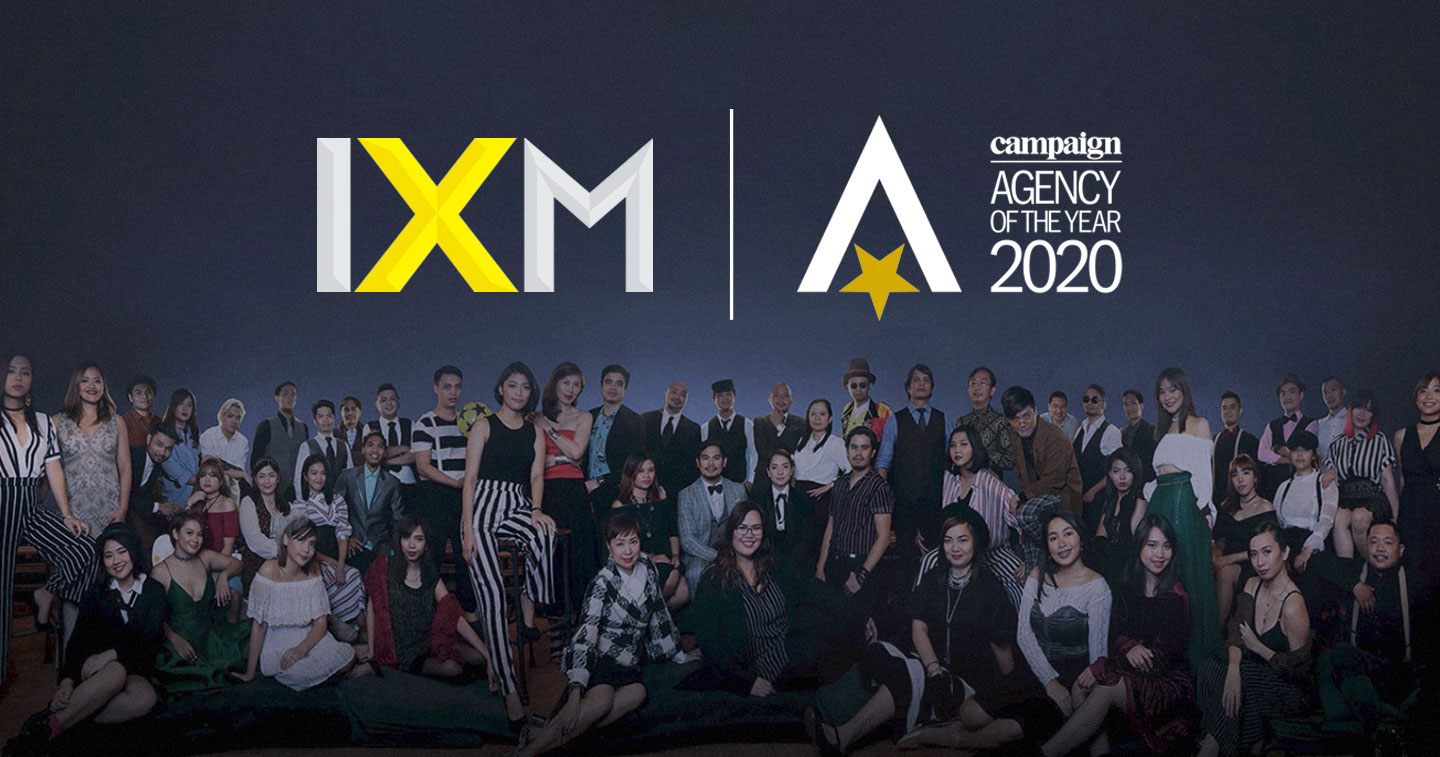Words by Nadz Ruiz
From helping users “find relevant content”, Facebook is now moving towards having “more meaningful interactions”. Last January 11, Facebook CEO Mark Zuckerberg announced yet another substantial algorithm change that will “prioritize posts that spark conversations and meaningful interactions between people” and to prioritise posts from friends and family over public content.”
Facebook has gone a long way in just a relatively short amount of time — from being just a social network to one of the biggest media platforms in the world. Today, Facebook hosts individual users, brands, businesses, non-profit organisations, interest groups and communities, and the news media on its massive platform. In contrast with the platform’s early days as a social network where people share life updates, the News Feed today is dominated by branded and other professionally produced content from a myriad of publishers. Zuckerberg and his Facebook team want to tip the balance scales yet again by showing more posts from friends and family, as well as Facebook groups, users are members of. “Recently, we’ve gotten feedback from our community that public content — posts from businesses, brands and media — is crowding out the personal moments that lead us to connect more with each other,” said Zuckerberg.
He also cited research which concluded that social media use is good for people’s well-being if it is used to connect with other people, especially friends and family. On the other hand, passive consumption of content on the platform, even if informative or entertaining, may have negative effects on users.
With the plethora of content being produced online and the increasing passive consumption behaviour of users, Facebook wants to revert social media use to being a more interactive, connective and communal experience. Since the algorithm change puts more focus on “interactions” between people, users will be encouraged to share more of their own organic content rather than just sharing professionally produced links or posts from publishers.
The major algorithm change also comes after the heels of the 2016 US election when the platform was used by malicious parties to seed “fake news” to mislead citizens and voters. Facebook is also widely criticized by both users and legitimate media outlets for taking no serious action towards sources of wrong, misleading, and malicious information. Taking away reach from publishers in general will, Facebook believes, diminish the spread of such kinds of content. Yet, Facebook promises to prioritise legitimate and trustworthy news sources in the US and internationally.

A glimpse of Facebook’s new algorithm
What the algorithm change means for brands and publishers
“As we roll this out, you’ll see less public content like posts from businesses, brands, and media. And the public content you see more will be held to the same standard — it should encourage meaningful interactions between people,” Zuckerberg said in his post. The increasing decrease in organic reach has been the bane of many brands and publishers in the past few years. Yet, for those those who have optimised their paid Facebook campaigns as well as discovered the content mix that keeps them in the News Feeds of their audience, they have been able to cope well with the changes Facebook previously made. However, the newest algorithm change may become the biggest hurdle yet as Facebook will show more personal updates from users’ networks than even articles from publishers which people like to read.
The change will also seem to affect legitimate news sources and publishers as much as it will illegitimate ones. Local and smaller news agencies as well as non-profit interest groups (ex. humanitarian and charity groups, environmental groups, etc.) which have relied on Facebook to have a public voice may also find difficulty putting their news and advocacies out.
However, those publishers that do not solely rely on Facebook to generate traffic to their content may find some advantage in having a dedicated and engaged base and having more control over their own digital communication platforms.
Publishers should be used to Facebook changes by now
While undoubtedly, this latest Facebook algorithm change to focus on interactions will have ramifications on content produced by brands, businesses, and other publishers, it is not the first time that the platform changed the game just when marketers and communication practitioners have gotten the hang of it.
When brands and businesses realized the potential of Facebook as a communication channel and a medium for marketing and advertising, the platform introduced paid options and consequently, cut back organic reach. It decided to keep more content native to the platform like Instant Articles and auto-playing videos. It seems to challenge YouTube and other video streaming platforms by prioritising videos on the News Feed. And then from prioritizing video, it went on to prioritizing live videos. From video, it is now focusing on the capabilities and features of Facebook Groups, an attempt to build more communities on the platform.
Facebook will continue to change and tweak its algorithms, content priorities, products, and features in the future and at a faster rate at that. What marketers and publishers can do and continue to do is to build a dedicated base which views and interacts with their content as part of their regular activity on the platform. Engaging and quality content will spur “meaningful interaction”. Increasing ad budgets on Facebook will help put content on people’s feeds, but marketers, agencies, and publishers must be aware that these boosted content must encourage the audience to interact with it. Invest more time and energy into producing and posting more Facebook Lives rather than just posting pre-produced videos. Tap Facebook Groups and make one-to-one interactions on Messenger more meaningful for consumers.
Overall, it is still quality content and quality moments and interactions with the audience that will give brands, businesses, and publishers an edge in a continuously changing media landscape.
Visit Mark Zuckerberg’s Facebook announcement post for reference here.








